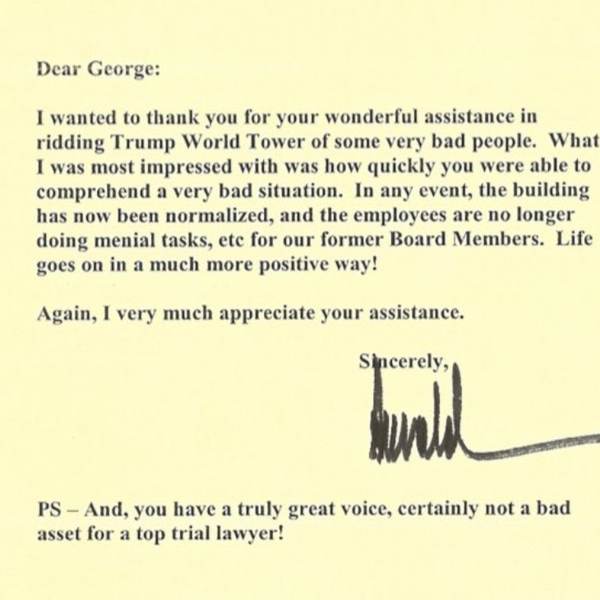
One diverting aspect of The Guardian-inspired hullaballoo over NSA surveillance has been watching people bicker about it on Facebook. In the old Soviet Union, people walked in the woods or hid in the bathroom with the faucets running to whisper forbidden thoughts. Here in the USA, people post them online along with cute kitten videos and photos of Reuben sandwiches.
Recently, I advised my Facebook friend Theo Jordan how to conduct an intrigue without government spooks catching on. Have a third party buy a prepaid cell phone anonymously, use it no more than twice, and then hide it in the backseat of a New York taxi. The Feds will go nuts tracking it over five boroughs, while you get busy digging holes.
Theo, I should stipulate, is a dachshund with an active fantasy life. We’ve never actually met.
Meanwhile, some joker who hides behind the name of a character in a Henry James novel excoriates Democrats who haven’t joined the Edward Snowden-Glenn Greenwald Chicken Little Brigade. “Watching all the Obots turn into good Germans would be funny,” he writes “if it weren’t so horrifying.”
Achtung, “Lambert.” You and Theo can use fake identities on Facebook, but The Shadow knows. Privacy in the 18th century sense vanished with the Internet, and it’s never coming back. It’s childish to think otherwise.
Yesterday my wife dropped my binoculars, knocking them out of whack. Before I figured out how to fix them I priced a new pair on Amazon. This morning, Facebook sent me an advert for Chinese-made Bushnells costing far less than the originals. By tomorrow, they’ll be back to selling me patent medicines somehow involving pretty women with preposterously large breasts. They don’t know that I suffer from maladies their “weird secrets” purport to cure, but they definitely know my age and gender.
MasterCard recently shut me down because their computer algorithm correctly deduced that a guy who spends most of his money buying cattle feed in Arkansas probably wasn’t buying a huge HDTV in Mexico City. Amazon knows that I’ve read all the Henning Mankell “Kurt Wallender” novels and thinks I may have a thing for Scandinavian murder mysteries.
OK, enough. Here’s the thing: The good news is that the most dramatic “revelations” in the Snowden-Greenwald stories turn out upon further review to be somewhere between greatly exaggerated and entirely false.
Yes, NSA vacuums up telephone “metadata” and sifts it for suspicious patterns. USA Today revealed that in 2006. There was a big political fight about it, which the libertarian side lost. But no, they aren’t listening to your calls, and when the histrionic Mr. Snowden says he could have eavesdropped on anybody in the USA, he leaves out that doing so would have landed him in federal prison, where he probably belongs.
As the New Yorker’s Jeff Toobin asks, “What, one wonders, did Snowden think the NSA did? Any marginally attentive citizen, much less NSA employee or contractor, knows that the entire mission of the agency is to intercept electronic communications.”
Secondly, NSA has no direct “PRISM” link into the servers of Google, Yahoo, and the rest. Upon detecting suspicious activity, it must seek a search warrant, whereupon the companies isolate the information sought and deliver it to an electronic “lockbox” for collection. The Guardian simply got this wrong, and was very slow correcting itself, while Greenwald himself made characteristically shrill attacks on everybody who questioned it.
It’s the difference between me leaving, say, my tax return in the mailbox and FBI agents covertly turning my home and office upside down in my absence. Day and night, legally speaking.
Anyway, let’s think this through. The New York Times’ estimable James Risen was absolutely correct on Meet the Press. “We haven’t had a full national debate about the creation of a massive surveillance state and surveillance infrastructure that if we had some radical change in our politics could lead to a police state.” [my italics]
However, the genie won’t fit back in the bottle. Like nuclear weapons, computer technology is here to stay. What with al Qaeda posting articles on its website teaching freelance jihadists like the Tsarnaev brothers to “Make a Bomb in the Kitchen of Your Mom,” and Chinese hackers stealing industrial and military secrets by the truckload, unilateral electronic disarmament would be folly. An unmonitored Internet would be a conspiracist’s playground.
For once, Thomas Friedman may be right: All that might be necessary to provoke a fear-based authoritarian political response in the US would be a couple of mass casualty terror strikes on the 9/11 scale.
So let’s definitely have that debate. Always mindful, however, of two things: First, the great enemy isn’t methodology, but lawlessness. When J. Edgar Hoover targeted Martin Luther King, he used not NSA computers but tape recorders the size of electric typewriters.
Two, cyber warfare beats the other kind hands down.
AP Photo/The Guardian








